The RE4Industry project emerges as a success story, achieving its objectives and significantly impacting the energy-intensive industry sector in Europe. By fostering collaboration, researching innovative technologies, advocating for policy changes, and providing direct support to companies, this EU initiative has played a vital role in promoting a greener and more sustainable future for the EII sector.
The RE4Industry project successfully achieved its primary objectives through a strategic approach:
- Collaborative Network Establishment: The project established a collaborative network consisting of four national clusters, four sectorial expert groups, four national committees, and one EU-matters committee. This network brought together 77 representatives from the EII sector, fostering valuable discussions and input on project deliverables.
- Research and Technology Integration: The project delved into the research on RE technology options for integration into EII processes. This involved developing three detailed study cases and designing short and long-term decarbonization pathways for EII. Notably, the project addressed short-term renewable heat and power generation technologies, producing 10 comprehensive reports. Long-term efforts focused on defining a technology roadmap for less mature technologies like CCUS.
- Interactive Mapping Tool for EII CO2 Emissions: An interactive Global Information System (GIS) map showcasing CO2 emissions from European heavy industry was developed and integrated into the project’s website. This tool provided critical information about the location, typology, and emissions of EII, contributing to transparency and informed decision-making.
- Policy Recommendations and Market Framework: RE4Industry played a pivotal role in advocating for a more favorable policy and market framework to enhance the competitiveness of RE-based EII goods. The project’s extensive analysis and consultations with the sector resulted in the formulation of policy recommendations. These recommendations aimed at establishing minimum requisites for low-carbon manufacturing goods by energy-intensive industries.
- Direct Accompaniment for Early Transition: The project supported three companies, namely CIRCE-SIDENOR (steel), CERTH-MYT (aluminium), and BTG-CORBION (chemical), in developing action plans for the short and long-term adoption of RE. This direct accompaniment ensured a smooth transition for these companies towards sustainable practices.
The project’s dissemination and communication efforts were also commendable, with the following key achievements:
- Professional Project Website: The project’s website (https://re4industry.eu/) was professionally designed and continuously updated. It served as a centralized hub for general project information, publications, news, contacts, and links to social media accounts. The website recorded an impressive 13,000 visits per year, reflecting its impact and accessibility.
- Peer-Reviewed Publications: RE4Industry contributed to the academic discourse with the publication of two peer-reviewed papers in international journals, further enhancing the project’s visibility and recognition.



